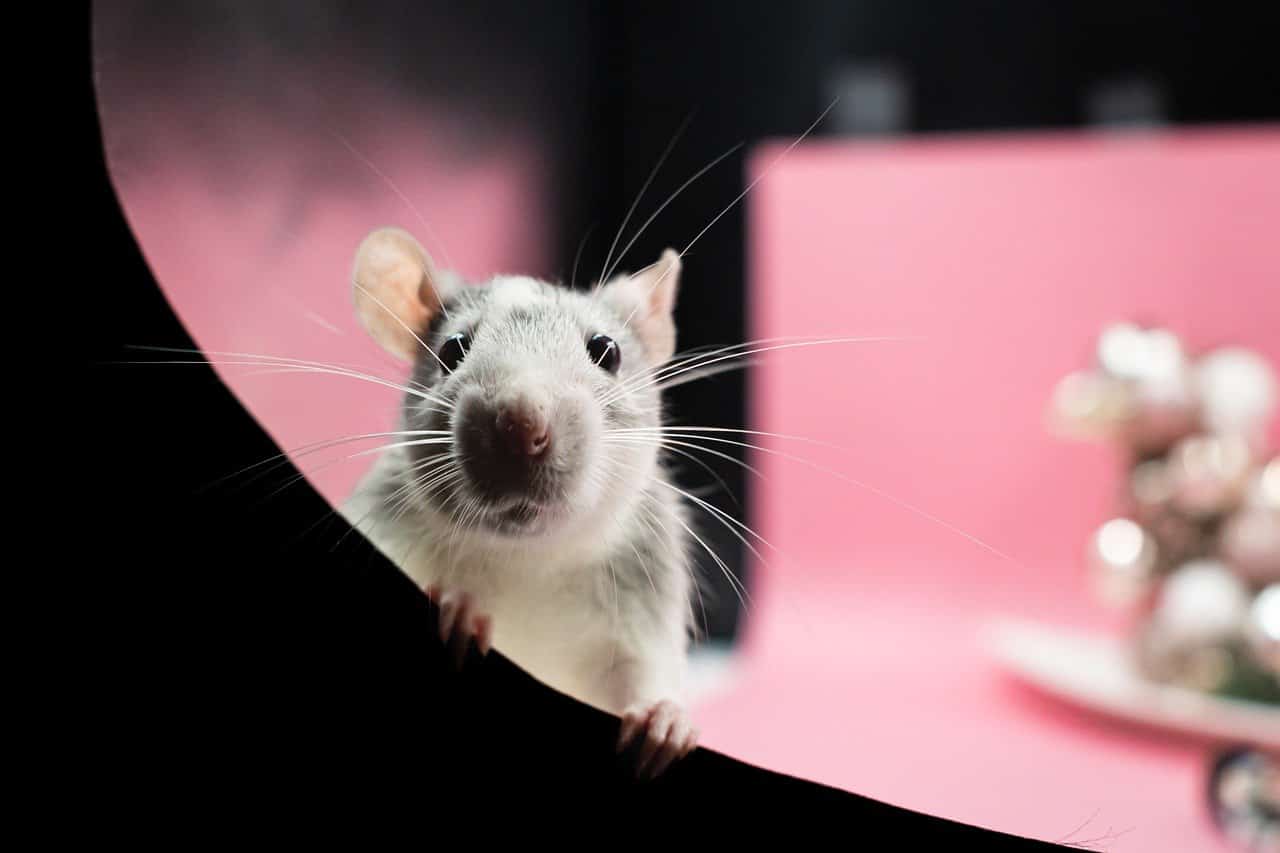
Eating meat without the need to kill animals: that time is drawing ever closer. Today, the Dutch House of Representatives passed a motion proposed by the D66 and VVD parties to make sampling of cultured meat legally possible. According to Mosa Meat (one of two companies in the Netherlands working on the development of cultured meat), the strong support of the House of Representatives for cultured meat “speaks volumes about the momentum that is building for innovation in sustainable meat production.”
The world’s first cultured meat burger
Just under a decade ago, Mark Post, CSO of Mosa Meat, presented the world’s first cultured meat burger, made from the stem cells of a cow. Mosa Meat has since grown into a multi-million dollar company that produces a few kilos of cultured meat each month. The company is in the process of submitting an application for approval to the European Food Safety Authority (EFSA). It is only when that approval is in, that production can really begin, Post explained to us earlier in this article.
Alternative to livestock
Cultured meat is currently banned in Europe. Even researchers in the Netherlands are not allowed to sample a single bite of their own cultured meat. This will change with the passing of the motion in the Dutch Parliament today. Tjeerd de Groot (D66) tabled the motion. He told the Dutch RTL News television station that he believes cultured meat is an excellent alternative to the (excessively) large Dutch livestock population. “With minimal use of water, land, and greenhouse gas emissions and far less suffering caused to animals. Cultured meat deserves a fair chance and that is why we need to start making it possible to do samplings.”
Dutch invention
Robert Jones, Head of Public Affairs at Mosa Meat, has been in touch about the details of the motion with De Groot and Peter Valstar (VVD), the two submitters of the motion. He emphasizes how important it is that laws and regulations move in step with the innovative developments surrounding cultured meat. “Cellular agriculture is a Dutch invention and we do not want to lose our edge over competitors. Companies abroad, including Germany, France, and Belgium, are already able to introduce their products to the general public as a way to gain support and acceptance from consumers, which is extremely important.” With the passing of the motion, that should now be possible for Dutch cultured meat companies as well.
Local food chain
Moreover, according to Jones, the impact that the war in Ukraine and Covid-19 are having on our food chain clearly underscores the value of building a local, sustainable food chain. “Cultured meat is a future-proof way of making our food chain more resilient and capable of feeding a growing population.”
Over at Mosa Meat, they are thrilled with the latest developments in politics. “We look forward to hosting our first consumer samplings in a safe and controlled manner so that we can introduce the general public to our hamburgers,” Jones adds.








